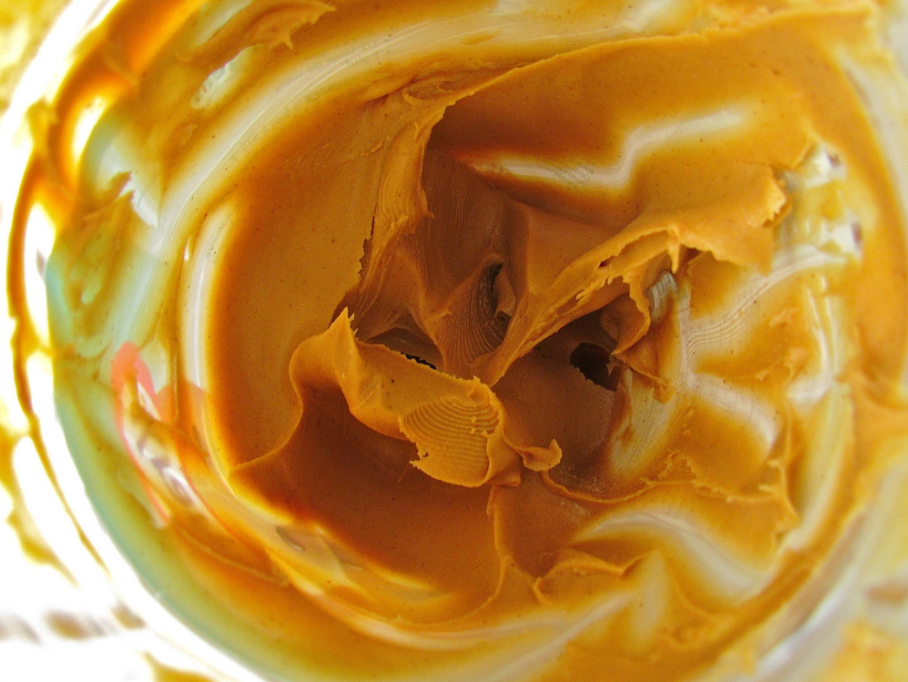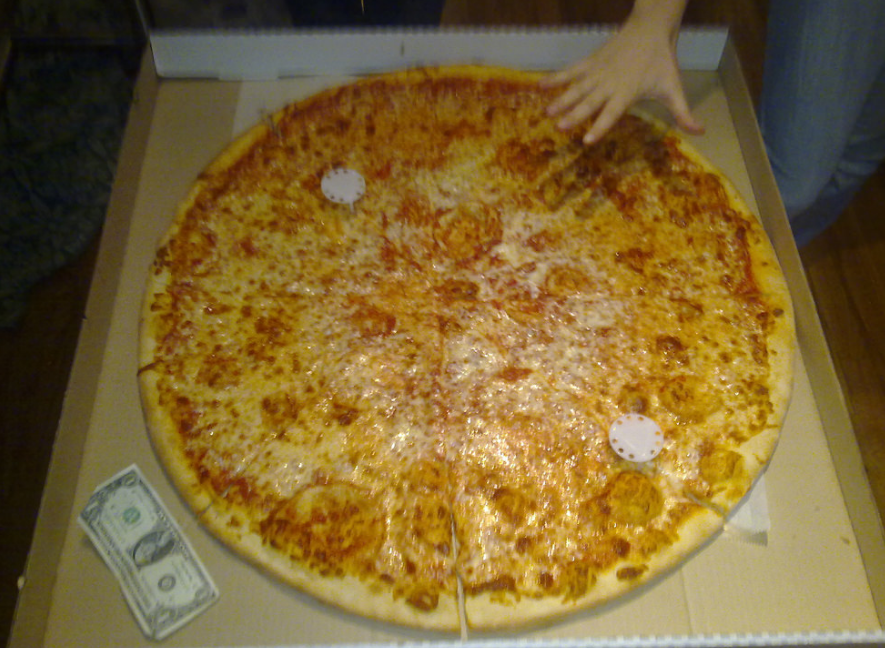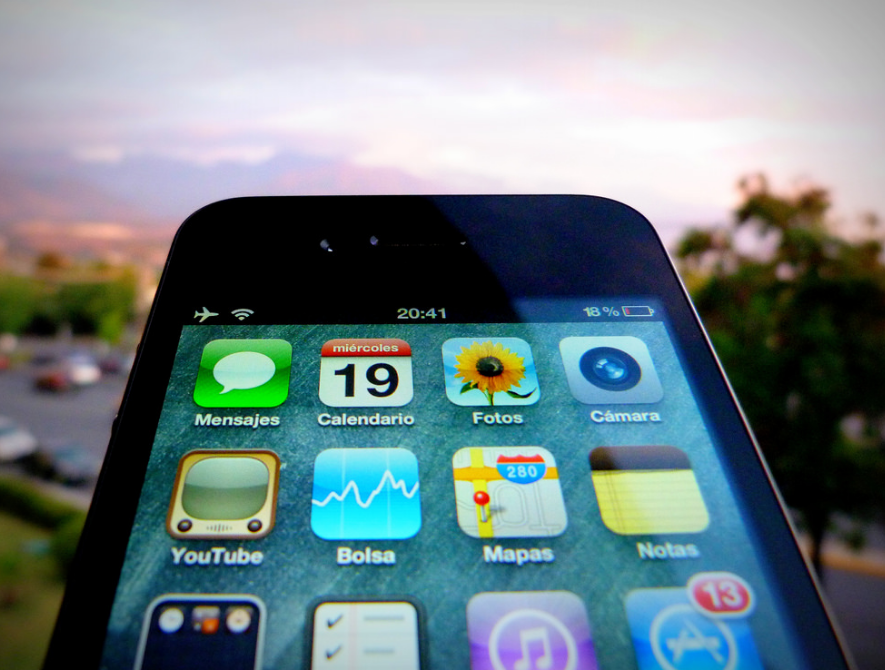How to Really Recycle the Tough Stuff and Not Throw It in the Trash

By:
Keeping old laptops around the house might seem like a waste of space, and cleaning jars of peanut butter before putting them in the recycling bin might seem like an unnecessary use of your time but recycling such items the way experts have advised can help make a positive difference for the earth.
Some items are harder to recycle than others and take a few extra steps in order to get properly disposed. If you think everything that isn't trash goes right into the recycling bin as soon as you're done with it, consider the condition it is in and whether it can even be recycled conventionally before you put these items in the bin. Some items should undergo a specific process before they enter the recycling system. ATTN: spoke with some experts who were able to lay out some easy-to-follow recycling best practices.
Recycling containers with food residue
 Flickr/robinmcnicoll - flickr.com
Flickr/robinmcnicoll - flickr.com
"For cleaning at home, the first step is to use a spatula or something to get as much of the remaining food out of the jar as possible," Mark Oldfield, the communications director of CalRecycle, told ATTN: via email. "So as not to use more water than necessary, cleaning with used dishwater is a good option. Otherwise, just a drop of dish soap and a small amount of water can be placed in the container, then replace the lid and shake vigorously to remove as much remaining food as possible."
Oldfield added that even though your items are sent to recycling processors for cleaning, it's helpful to clean them yourself first, as "clean material is worth more than dirty material since there is less work that has to be done to make it ready for market."
Certain items such as wax paper, tissues and frozen bags cannot be recycled, but items such as chip bags, energy bar wrappers, baby food pouches, toothbrushes and cigarettes can be recycled through the TerraCycle program. The confusion surrounding what can and can't be recycled shows "how important it is for cities to have robust education around recycling," Lauren Ahkiam, a senior research & policy analyst for the Waste & Recycling Project at the Los Angeles Alliance for a New Economy, told ATTN:. It's also important for production manufacturers to "use packaging that is more easily recyclable," she added.
"[W]e have found that cities with city-collected or exclusive-franchise contracts often have an easier time implementing comprehensive education campaigns and working with businesses and restaurants to make sure everyone knows what's recyclable (especially since it varies from city to city)," Ahkiam explained.
Best practices for recycling tough items like pizza boxes:
Some experts are against recycling pizza boxes, arguing the grease can "contaminate other recyclables," according to a February 2011 report from The Los Angeles Times. But Oldfield told ATTN: that this isn't always true and that pizza box recycling really just depends on a city's processing capability:
"[It used" to be they were never acceptable because the grease is a contaminant. However, there are jurisdictions that now accept them in the curbside bin, likely due to improved processing capability that is able to better clean the paper goods that come through. Again, checking with your local jurisdiction is the best way to find out."
 Flickr/William J. Sisti - flickr.com
Flickr/William J. Sisti - flickr.com
"[T]hey can be recycled if they are not too greasy. Most recycling can tolerate a certain amount of 'contamination' from outside materials, e.g., if there's a lime in your beer bottle, it'll probably be OK," Ahkiam explained. "To be safe, you can rip the boxes in half and recycle the top (as long as it's not covered in cheese)."
But what about recycling non-food related items, such as electronics and batteries?
Recycling batteries and electronics can be a bit tricker than recycling food items, as the recycling system in your neighborhood may not offer electronics and battery recycling.
Your first instinct might be to throw that old iPhone or laptop into the trash can so it isn't taking up space in your home, but Kabira Stokes, the founder of e-waste recycling company Isidore Electronics Recycling based in Los Angeles, told ATTN: she advises against it. When electronics are thrown into the trash, it can end up in landfills, which can be damaging to the environment, Stokes said. These items can have flame retardant, arsenic and other toxins that leak into ground water.
 Flickr/Gonzalo Baeza - flickr.com
Flickr/Gonzalo Baeza - flickr.com
"They certainly should never throw them in the garbage," she said. "They do not belong in the trash, so that's item number one. If [you] don't want to re-sell them, you want to find a certified e-waste recycler that is near you that you can drop [your stuff] off or have them come pick it up."
She said it's important to make sure the e-waste program has that certification, such as an R2 Certificate, as it shows they are "doing right by the environment" and meeting industry standards. She added that people can also research whether their county has a drop off location for hazardous waste and electronics. She said that some libraries and random vendors such as Jiffy Lube will take batteries.
Isidore Electronics Recycling will recycle certain items, such as iPhones and laptops, free of charge. A large item, such as a printer, would cost $5 to recycle through the company, Stokes said.
"[When you're done with your product], see if someone else needs it. Because these things still have days left in them, even if we want the newest thing," Stokes added.
